There’s a dominant narrative in the media about why tech billionaires are sucking up to Donald Trump: Elon Musk, Mark Zuckerberg, and Jeff Bezos, all of whom have descended on the nation’s capital for the presidential inauguration, either happily support or have largely acquiesced to Trump because they think he’ll offer lower taxes and friendlier regulations. In other words, it’s just about protecting their own selfish business interests.
That narrative is not exactly wrong — Trump has in fact promised massive tax cuts for billionaires — but it leaves out the deeper, darker forces at work here. For the tech bros — or as some say, the broligarchs — this is about much more than just maintaining and growing their riches. It’s about ideology. An ideology inspired by science fiction and fantasy. An ideology that says they are supermen, and supermen should not be subject to rules, because they’re doing something incredibly important: remaking the world in their image.
It’s this ideology that makes MAGA a godsend for the broligarchs, who include Musk, Zuck, and Bezos as well as the venture capitalists Peter Thiel and Marc Andreessen. That’s because MAGA is all about granting unchecked power to the powerful.
“It’s a sense of complete impunity — including impunity to the laws of nature,” Brooke Harrington, a professor of economic sociology at Dartmouth who studies the behavior of the ultra-rich, told me. “They reject constraint in all of its forms.”
As Harrington has noted, Trump is the perfect avatar for that worldview. He’s a man who incited an attempted coup, who got convicted on 34 felony counts and still won re-election, who notoriously said in reference to sexual assault, “When you’re a star, they let you do it. You can do anything.”
So, what is the “anything” that the broligarchs want to do? To understand their vision, we need to realize that their philosophy goes well beyond simple libertarianism. It’s not just that they want a government that won’t tread on them. They want absolutely zero limits on their power. Not those dictated by democratic governments, by financial systems, or by facts. Not even those dictated by death.
The broligarchs’ vision: science fiction, transhumanism, and immortality
The broligarchs are not a monolith — their politics differ somewhat, and they’ve sometimes been at odds with each other. Remember when Zuck and Musk said they were going to fight each other in a cage match? But here’s something the broligarchs have in common: a passionate love for science fiction and fantasy that has shaped their vision for the future of humanity — and their own roles as its would-be saviors.
Zuckerberg’s quest to build the Metaverse, a virtual reality so immersive and compelling that people would want to strap on bulky goggles to interact with each other, is seemingly inspired by the sci-fi author Neal Stephenson. It was actually Stephenson who coined the term “metaverse” in his novel Snow Crash, where characters spend a lot of time interacting in a virtual world of that name. Zuckerberg seems not to have noticed that the book is depicting a dystopia; instead of viewing it as a warning, he’s viewing it as an instruction manual.
Jeff Bezos is inspired by Star Trek, which led him to found a commercial spaceflight venture called Blue Origin, and The High Frontier by physics professor Gerard K. O’Neill, which informs his plan for space colonization (it involves millions of people living in cylindrical tubes). Bezos attended O’Neill’s seminars as an undergraduate at Princeton.
Musk, who wants to colonize Mars to “save” humanity from a dying planet, is inspired by one of the masters of American sci-fi, Isaac Asimov. In his Foundation series, Asimov wrote about a hero who must prevent humanity from being thrown into a long dark age after a massive galactic empire collapses. “The lesson I drew from that is you should try to take the set of actions that are likely to prolong civilization, minimize the probability of a dark age and reduce the length of a dark age if there is one,” Musk said.
And Andreessen, an early web browser developer who now pushes for aggressive progress in AI with very little regulation, is inspired by superhero stories, writing in his 2023 “Techno-Optimist Manifesto” that we should become “technological supermen” whose “Hero’s Journey” involves “conquering dragons and bringing home the spoils for our community.”
All of these men see themselves as the heroes or protagonists in their own sci-fi saga. And a key part of being a “technological superman” — or ubermensch, as the German philosopher Friedrich Nietzsche would say — is that you’re above the law. Commonsense morality doesn’t apply to you because you’re a superior being on a superior mission. Thiel, it should be noted, is a big Nietzsche fan, though his is an extremely selective reading of the philosopher’s work.
The ubermensch ideology helps explain the broligarchs’ disturbing gender politics. “The ‘bro’ part of broligarch is not incidental to this — it’s built on this idea that not only are these guys superior, they are superior because they’re guys,” Harrington said.
For one thing, they valorize aggression, which is coded as male. Zuckerberg, who credits mixed martial arts and hunting wild boars with helping him rediscover his masculinity (and is sporting the makeover to prove it), recently told Joe Rogan that the corporate world is too “culturally neutered” — it should be become a culture that has more “masculine energy” and that “celebrates the aggression.”
Likewise, Andreessen wrote in his manifesto, “We believe in ambition, aggression, persistence, relentlessness — strength.” Musk, meanwhile, has jumped on the testosterone bandwagon, amplifying the idea that only “high T alpha males” are capable of thinking for themselves; he shared a post on X that said, “This is why a Republic of high status males is best for decision making. Democratic, but a democracy only for those who are free to think.”
This idea that most people can’t think for themselves is key to Nietzsche’s idea of the ubermensch. What differentiates the ubermensch, or superman, is that he is not bogged down by commonsense morality (baseless) or by God (dead) — he can determine his own values.
The broligarchs — because they are in 21st century Silicon Valley and not 19th century Germany — have updated and melded this idea with transhumanism, the idea that we can and should use technology to alter human biology and proactively evolve our species.
Transhumanism spread in the mid-1900s thanks to its main popularizer, Julian Huxley, an evolutionary biologist and president of the British Eugenics Society. Huxley influenced the contemporary futurist Ray Kurzweil, who predicted that we’re approaching a time when human intelligence can merge with machine intelligence, becoming unbelievably powerful.
“The human species, along with the computational technology it created, will be able to solve age-old problems…and will be in a position to change the nature of mortality in a postbiological future,” Kurzweil wrote in 1999. Kurzweil, in turn, has influenced Silicon Valley heavyweights like Musk, whose company Neuralink explicitly aims at merging human and machine intelligence.
For many transhumanists, part of what it means to transcend our human condition is transcending death. And so you find that the broligarchs are very interested in longevity research. Zuckerberg, Bezos, and Thiel have all reportedly invested in startups that are trying to make it possible to live forever. That makes perfect sense when you consider that death currently imposes a limit on us all, and the goal of the broligarchs is to have zero limits.
How the broligarchs and Trump use each other: startup cities, crypto, and the demise of the fact
If you don’t like limits and rules, it stands to reason that you’re not going to like democracy. As Thiel wrote in 2009, “I no longer believe that freedom and democracy are compatible.” And so it shouldn’t come as a surprise that the broligarchs are trying to undermine the rule of democratic nation-states.
To escape the control of democratic governments, they are seeking to create their own sovereign colonies. That can come in the form of space colonies, a la Musk and Bezos. But it can also come in the form of “startup cities” or “network states” built by corporations here on Earth — independent mini-nations, carved out of the surrounding territory, where tech billionaires and their acolytes would live according to their own rules rather than the government’s. This is currently Thiel and Andreessen’s favored approach.
With the help of their investments, a startup city called Prospera is already being built off the coast of Honduras (much to the displeasure of Honduras). There are others in the offing, from Praxis (which will supposedly build “the next America” somewhere in the Mediterranean), to California Forever in, you guessed it, California.
The so-called network state is “a fancy name for tech authoritarianism,” journalist Gil Duran, who has spent the past year reporting on these building projects, told me. “The idea is to build power over the long term by controlling money, politics, technology, and land.”
Crypto, of course, is the broligarchs’ monetary instrument of choice. It’s inherently anti-institutionalist; its appeal lies in its promise to let people control their own money and transact without relying on any authority, whether a government or a bank. It’s how they plan to build these startup cities and network states, and how they plan to supplant the traditional financial system. The original idea of crypto was to replace the US dollar, but since the US dollar is intimately bound up with global finance, undercutting it could reshape the whole world economy.
Trump seems to be going along with this very cheerfully. He’s now pro-crypto, and he’s even proposed creating “Freedom Cities” in America that are reminiscent of startup cities. His alliance with the broligarchs benefits him not only because they’ve heaped millions of dollars on him, but also because of how they’ve undermined the very notion of the truth by shaping a “post-truth” online reality in which people don’t know what to believe anymore. Musk, under the guise of promoting free speech, has made X into a den of disinformation. Zuck is close on his heels, eliminating fact-checking at Meta even though the company said it would be scrupulous about inflammatory and false posts after it played a serious role in a textbook example of ethnic cleansing.
“Even more pernicious is the fact that these guys can control the algorithms, so they can decide what people actually see,” Duran said. “The problem is not so much that people can lie — it’s that the system is designed to favor those lies over truth and reality.”
It’s a perfect set-up for a president famous for his “alternative facts.”
But the underlying ideology that unites MAGA and the broligarchs is contrary to the aims of most ordinary Americans, including most Trump voters. If the US dollar is weakened and the very idea of the democratic nation-state is overthrown, that won’t exactly “make America great again.” It’ll make America weaker than ever.
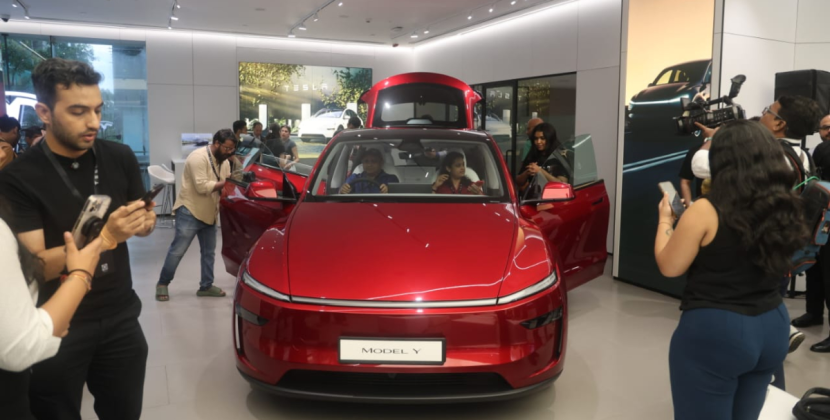

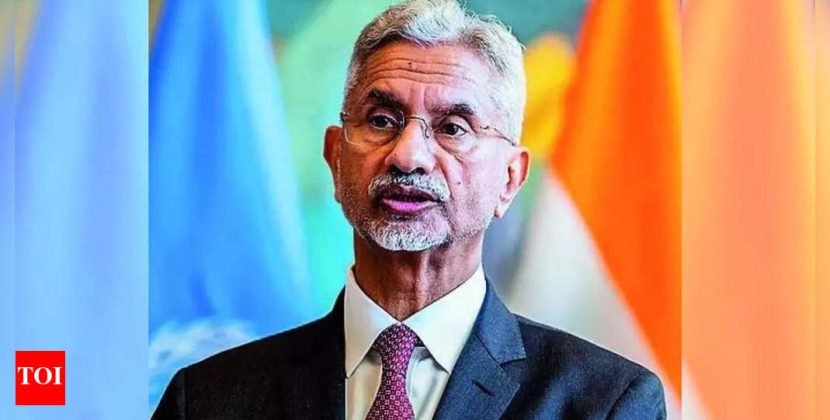
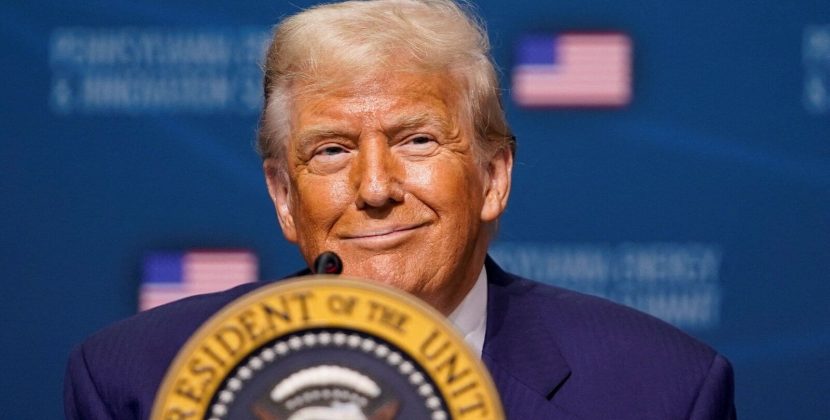






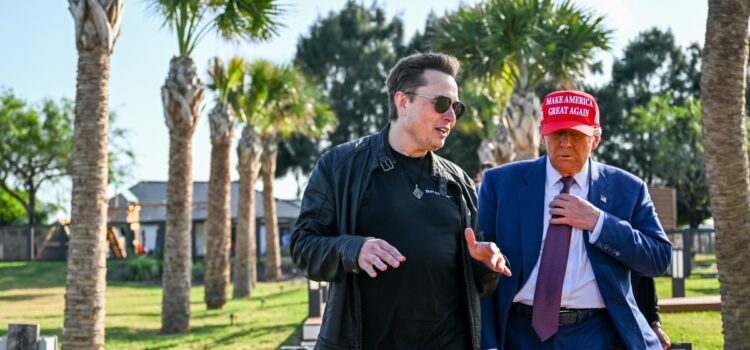


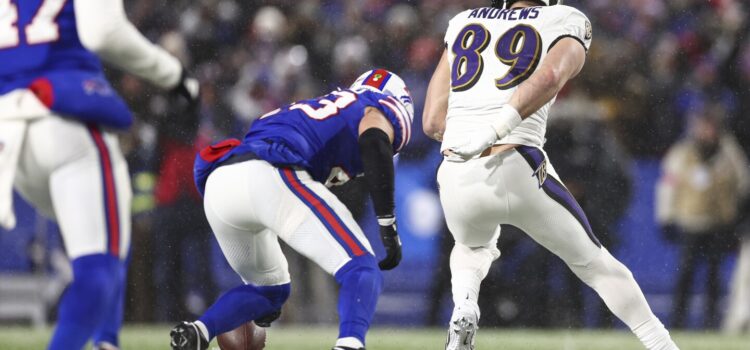

Comments